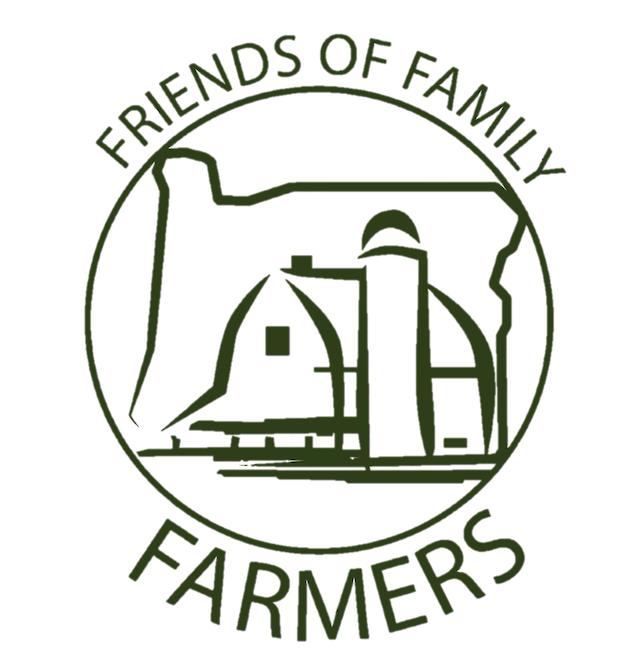Salem, OR — Yesterday, in a ceremonial bill signing, Scio farmers, rural residents, and advocates joined Governor Tina Kotek to celebrate the passing of SB 85, a crucial measure backed by rural Oregonians aimed at reforming and modernizing Oregon's regulatory rules regarding the way concentrated animal feeding operations (CAFOs) are permitted and operated in the state. The new laws mark some of the first regulatory reforms for CAFOs anywhere in the nation for several decades.
The ceremony took place just days after two of the three sites for new mega poultry operations in business with out-of-state corporations were listed for sale in the communities of Scio and Stayton, ending two local community battles that embroiled Willamette Valley residents in a fight for their farms and community.
"Governor Kotek and our legislators sided with rural people over corporate interests and we are resting so much easier," said Lucie Gouin, a farmer in Scio and neighbor to one of the controversial poultry proposals that will not go forward. "We were critically concerned that the proposed Foster Farms operation would suck our wells dry, pollute our creek, and make our air unbearable to work outside while threatening the health of the children attending nearby Lourdes School."
Among other things, SB 85 paused the controversial livestock water exemption for five years, which allowed for factory farms to withdraw unlimited groundwater for watering livestock. It also allows counties to issue setbacks from adjacent residences and lays the groundwork for the state to establish air regulations for livestock operations.
While SB 85 creates more tools for the state to regulate large-scale CAFOs, advocates feel there is more work to do and will be continuing to demand the regulation of drinking water pollutants and air emissions from industrial livestock operations and encourage counties to put measures in place to protect their residents.
"While this bill marks significant advancement for farmers attempting to protect their businesses from the harmful impacts from industrial livestock operations, this is only the first step," said Alice Morrison, Co-Director of Friends of Family Farmers. "There is still work to be done to permanently protect Oregon's family farming communities and our rural residents from pollution stemming from industrial livestock operations."
The third Foster Farms poultry operation in Scio, J-S Ranch, received construction permits from the county and state before the passage of SB 85. The controversial proposal will put 3.4 million chickens per year roughly 400 yards away from the North Santiam River, causing continued concern for neighboring residents who are joining advocacy organizations in a suit against the state, alleging the state is violating their own rules.
"While we are proud that our legislators stepped up and listened to communities about the harms of large factory farms, more is needed to ensure that operations like JS Ranch are not permitted," said Amy van Saun, senior attorney at Center for Food Safety and counsel for plaintiffs in the challenge to JS Ranch's permit. "This operation is practically on the banks of the North Santiam River, home to sensitive wildlife, and in a very wet area that threatens both surface and groundwater contamination. The state needs to protect neighbors and our natural resources, not the profits of large corporations like Foster Farms."
# # #
Farmers Against Foster Farms











